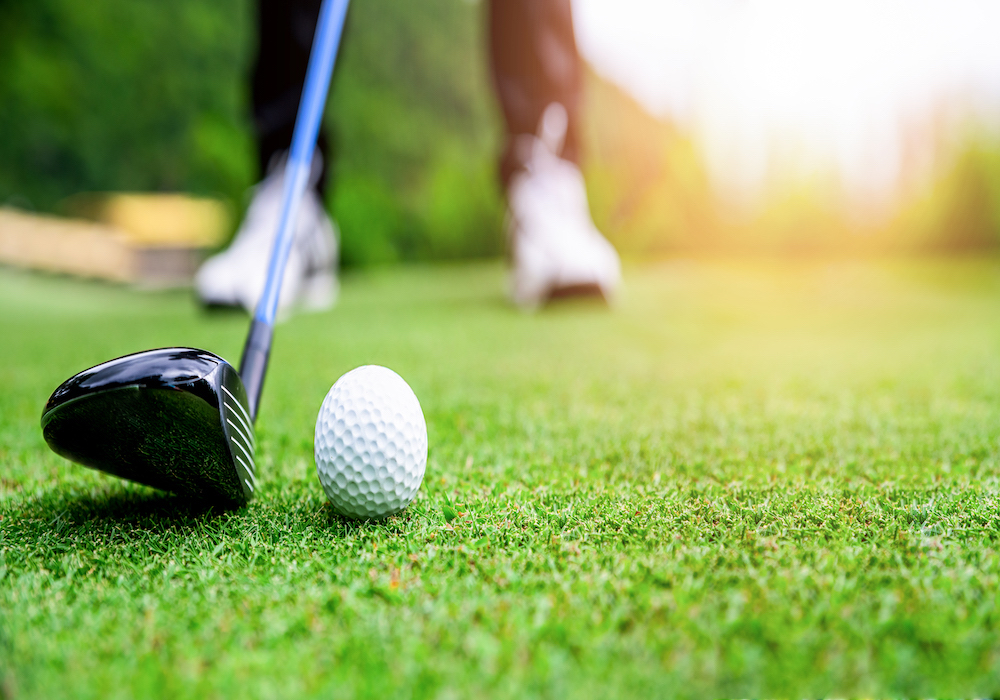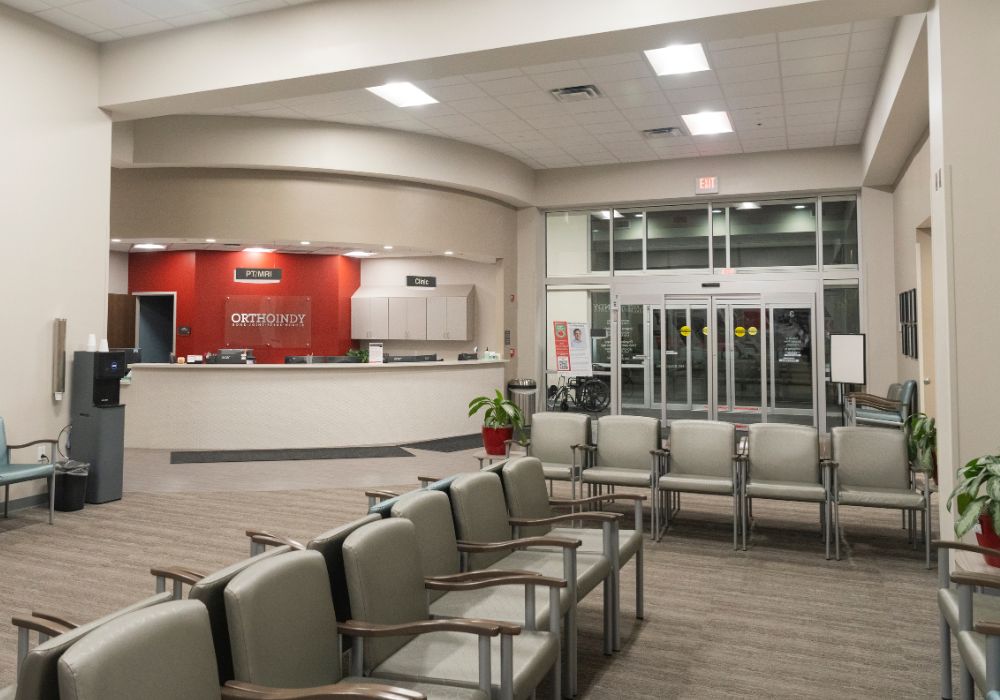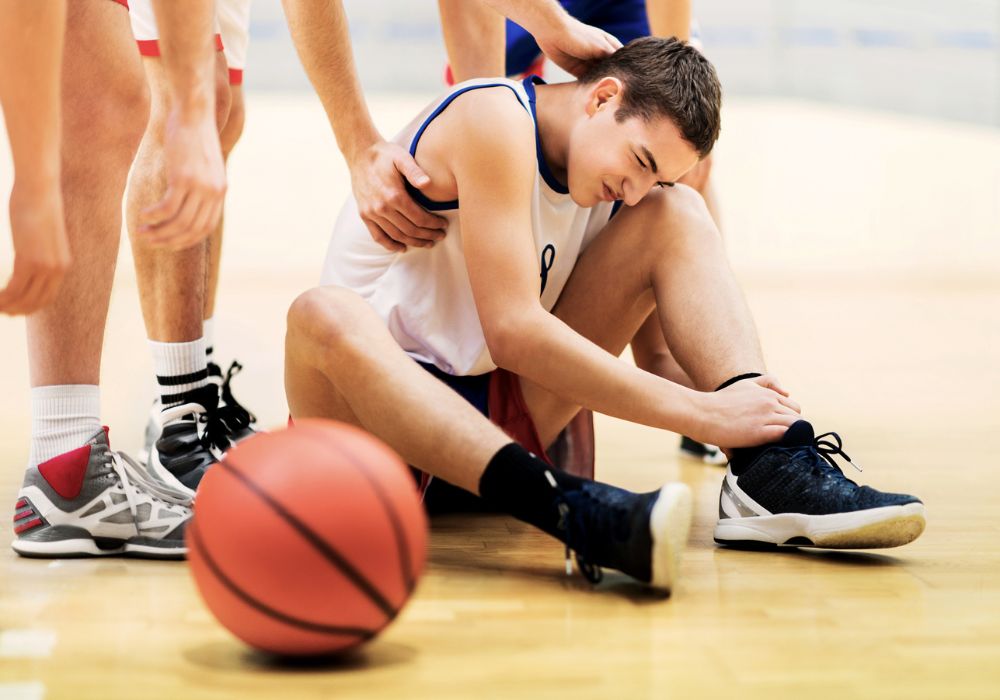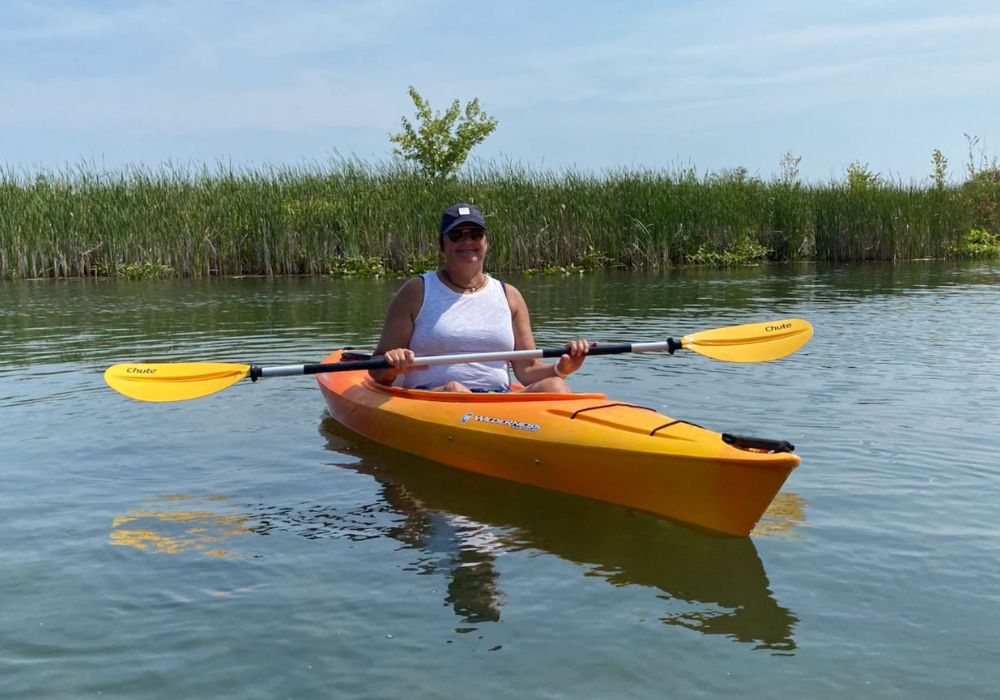THIS IS PART OF THE ULTIMATE GUIDE TO SPORTS MEDICINE
Golf is one of the oldest sports still being played today. Whether you are a professional golfer or golfing for fun, golf involves a lot of skill, practice and patience.
The Masters Tournament, usually referred to as “The Masters,” is one of the four major championships in professional golf. Unlike other golf events, it’s held in the same place every year, Augusta, Georgia.
With golf comes lots of practice, which means repetitive movements. Doing the same movements repeatedly can lead to overuse injuries that develop over time.
If you are a golfer and experience pain, you may be wondering if golf is bad for your back, joints or muscles. OrthoIndy hand and sports medicine physician, Dr. Timothy Dicke discusses common golf injuries and how to reduce your risk of experiencing an injury while playing.
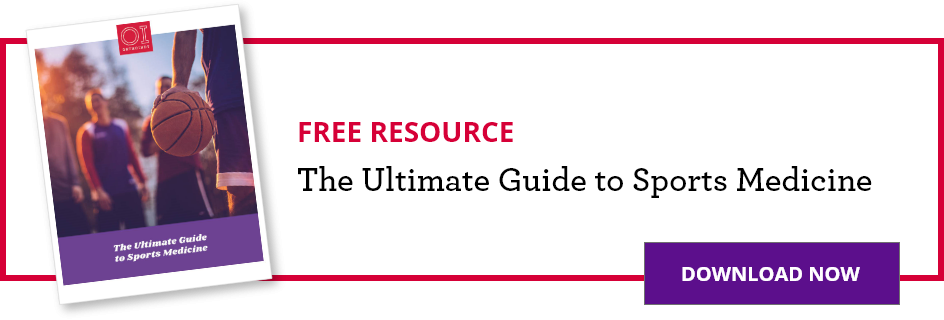
What injuries can you get from golf?
The following injuries mostly occur from the repetitive swinging motion over an extended period.
- Back pain: Pain in the back is one of the most common golf injuries because most of the round you are spent in a bent position which strains your spine and back muscles.
- Elbow tendonitis or golfer’s elbow The most common injury is golfer’s elbow which is soreness or inflammation in the tendons of the elbow.
- Rotator cuff or shoulder pain: It’s common for golfers to experience tendonitis, bursitis or shoulder separation. Hitting a rock or the ground while you’re swinging can damage your rotator cuff due to the force behind your swing.
- Knee pain: The knees help stabilize the hips while you swing and if you have muscle weakness in your knees, it can cause ligament injuries or kneecap injuries.
- Wrist injuries: Tendonitis in the wrist is common due to the force applied through the tendons during your swing. “You can get the occasional stress fractures including the hook of the hamate injury,” said Dr. Dicke.
LEARN MORE ABOUT ORTHOINDY SPORTS MEDICINE
Lower your risk of golf injuries
- Take a break. Golf increases the risk of overuse injuries and overworking your muscles can lead to injury.
- Stretch before golfing. It may not be a high cardio sport, but you still need to warm up your muscles before playing.
- Stay hydrated. Playing 18 holes can involve a lot of walking and it’s easy to become dehydrated, especially in warmer temperatures.
- Buy proper equipment. Golf is an expensive sport and having proper gloves, shoes and fitted golf clubs can reduce the risk of injury.
- Take golf lessons and practice proper form. Golf is about swinging the club correctly and improper form can lead to more injuries.
- Play at your fitness level. Work your way up to playing all 18 holes and do not play too many rounds of golf consecutive days.
- Exercise regularly outside of playing golf to help keep your muscles strong and keep your fitness level high.
- If you start to feel aching pain or have had an injury in the past, buy a brace for that body part to take the stress off the joint, tendon or muscle. You can purchase specialized golf braces.
- If you experience golfer’s elbow, wear an armband right below your elbow to help reduce pain.
If someone starts to experience an overuse injury from golf, there are a few things you can do. “Stretch prior to playing, use a warming rub and make sure to ice afterward if you start to experience pain,” said Dr. Dicke. “Muscle-related massages are also a good option. They will help sore, tired muscles and improve flexibility.”
Dr. Dicke suggests seeing a doctor when you don’t improve over a few weeks or if you experience recurrent pain after resuming sports after rest.
MAKE AN APPOINTMENT WITH A SPORTS MEDICINE SPECIALIST
Schedule an appointment
Your well-being is important to us. Click the button below or call us to schedule an appointment with one of our orthopedic specialists. If your injury or condition is recent, you can walk right into one of our OrthoIndy Urgent Care locations for immediate care. For rehabilitation and physical therapy, no referral is needed to see one of our physical therapists.


